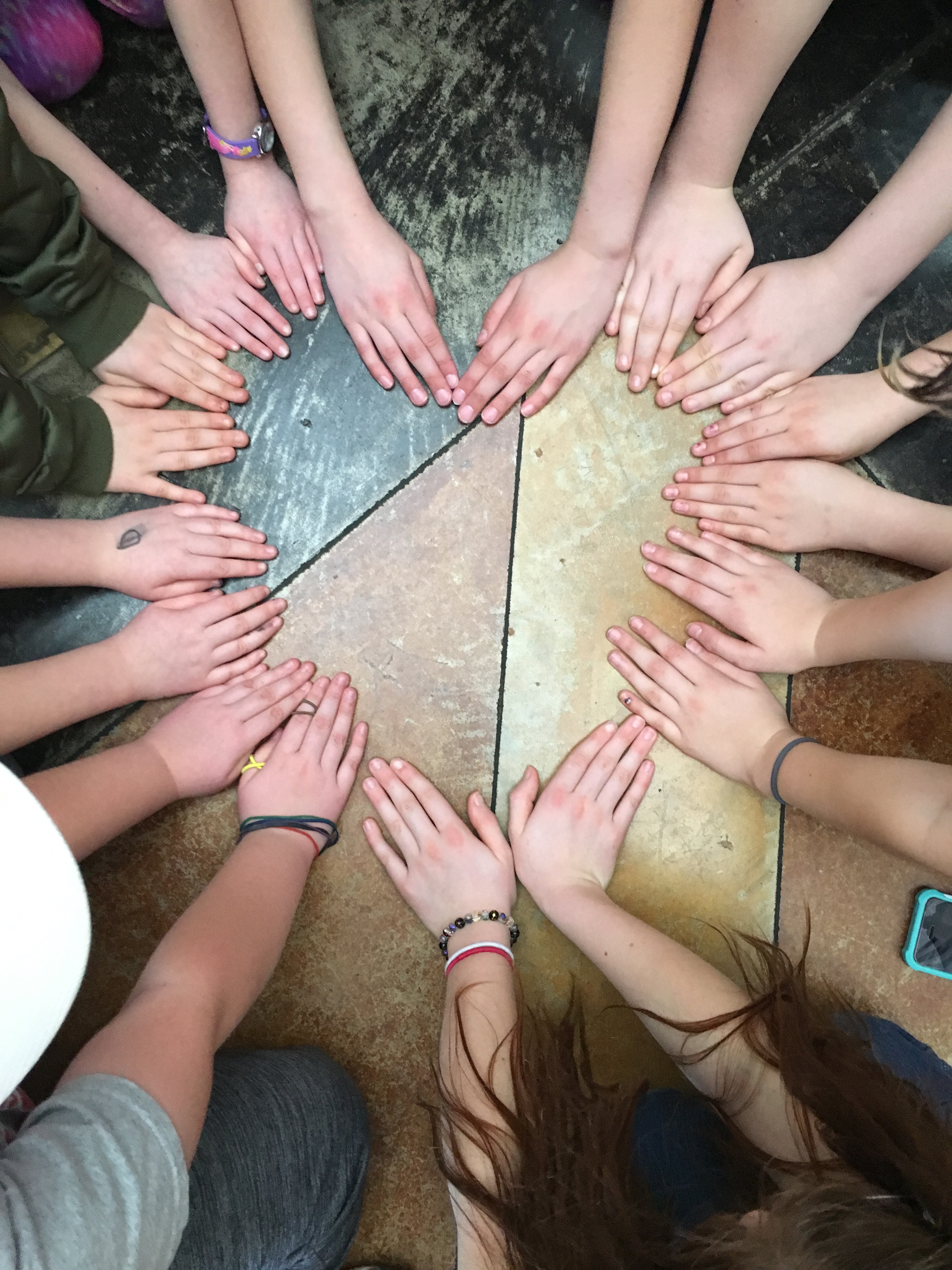Today we’re sharing insight from guest blogger Adam Kronk, Head of School for La Lumiere School in LaPorte, Indiana. We hope you enjoy Adam’s wisdom and perspective.
 I’m on the back of a rickety bio diesel truck, barreling down a dirt road outside Siem Reap, Cambodia. The sun has just come up, but it’s over 100 degrees and I’ve already broken out in a sweat. I’ve got a kroma—a thin, all-purpose scarf that seems to be standard issue for every Khmer person on the planet—wrapped around my neck covering my nose and mouth as a makeshift dust mask. There’s a lot of wind because of the speed at which we’re traveling. It’s so hot out that it feels like a hairdryer blowing in my face. I’ve kicked one of my flip flops off into the bed of the truck, itching the bottom of my foot where a mosquito bit it last night.
I’m on the back of a rickety bio diesel truck, barreling down a dirt road outside Siem Reap, Cambodia. The sun has just come up, but it’s over 100 degrees and I’ve already broken out in a sweat. I’ve got a kroma—a thin, all-purpose scarf that seems to be standard issue for every Khmer person on the planet—wrapped around my neck covering my nose and mouth as a makeshift dust mask. There’s a lot of wind because of the speed at which we’re traveling. It’s so hot out that it feels like a hairdryer blowing in my face. I’ve kicked one of my flip flops off into the bed of the truck, itching the bottom of my foot where a mosquito bit it last night.
This has become my morning commute. It’s 2010 and on the recommendation of a close friend and mentor, my wife and I have moved sight unseen to Southeast Asia to work with an organization called PEPY. And in the moment, I have to admit: I’m feeling sorry for myself.
Across from me sits Chhon Chhea Yut (or just “Yut,” for short). He spent two decades as a Buddhist monk and has recently joined the staff of our organization. Yut is smiling. Not in a way where he’s laughing at my misery. He’s just happy. As far as I can tell, for no particular reason.
I shake my head and tell him, “Man, Jacqueline and I go through the same routine every night: climb into the bed net, close it, turn on a flashlight, kill every mosquito we can see, then go to sleep. And every single night, I still get bitten.”
“I’ve never killed a mosquito,” replies Yut.
“Are you one of those people who just doesn’t get bitten by mosquitos?” I ask with a dash of annoyance in my voice.
“Oh no,” he says. “I get bitten all the time and they itch like crazy.”
After several seconds of bewildered silence, staring out into the passing rice fields which are just starting to turn bright green, I blurt out the obvious question, “So why don’t you kill mosquitoes?”
With his trademark benevolent tone, Yut explains, “For me, to kill anything—even a mosquito or a fly—involves the intention of killing something. And even though it’s much less serious than killing a person, it’s somewhere on the same spectrum. So, I don’t do it.”
I think often of this moment, and I think it has something to teach us about leadership, working on teams, and life in general. And no, it’s not that we shouldn’t kill mosquitoes.
It’s the idea of paying much closer attention to the intentions behind our daily actions, large and small. Do I spend enough (or any) time asking what my intention is in making a comment, sending a note, or running a meeting? Do I start out my day setting an intention for who, and how, I want to be? Do I then go through the trouble afterward to review how it went, and whether my intentions resulted in me being the best version of myself?
I can certainly tell you that there are plenty of times every day where if I did a quick “intention check” right before doing or saying something, I’d probably choose differently. And in fact, often I’m busy enough at work, or at home, that if I’m really honest, there’s no thought at all behind many of my activities. Then what are the odds that the result is awesome?
The road to hell is supposedly paved with good intentions. But perhaps the road to a more satisfying life and career—one we’d each be prouder of—depends on the very same thing.
What’s the Risk?
Is swatting a fly going to end up making you a cold-blooded murderer? Doubtful. However, maybe a bunch of little actions, devoid of intention, can pull us into habits, mindsets, or actions, we wouldn’t exactly choose - making us less-than-ideal versions of ourselves. If we start by quickly calling to mind what we’re trying to achieve during a given task, mundane or major, we increase the odds that who we’re being (and becoming) each day is the self we’d hope to be.
This content was written and shared by guest blogger, Adam Kronk.
 Adam Kronk serves as La Lumiere School’s seventh Head of School. La Lumiere is an independent day and boarding high school set on a 190-acre wooded campus. Its mission statement reads, "At La Lumiere, we form character, cultivate scholarship, and explore faith, in order to grow into more complete versions of ourselves."
Adam Kronk serves as La Lumiere School’s seventh Head of School. La Lumiere is an independent day and boarding high school set on a 190-acre wooded campus. Its mission statement reads, "At La Lumiere, we form character, cultivate scholarship, and explore faith, in order to grow into more complete versions of ourselves."
Adam earned his Bachelor of Arts in English Literature and Master of Nonprofit Administration degrees, both summa cum laude, from the University of Notre Dame. He brings extensive leadership experience in both education and nonprofit organizations in the Midwest and internationally.
Before coming to La Lumiere, Mr. Kronk led the Notre Dame Deloitte Center for Ethical Leadership in Notre Dame’s Mendoza College of Business, where he also taught ethics and values-based leadership in the Management Department.
Adam began his career in the classroom as an English teacher at University of Detroit Jesuit High School & Academy. He then worked overseas as Notre Dame’s Director of Campus Ministry Outreach in Europe, before returning to South Bend and serving as Chief Operating Officer of the Center for the Homeless - a nationally recognized residential facility providing extensive programming and on-site services to more than 200 men, women, and children. There he met his wife, Jacqueline, and, after working together for five years, they moved to Southeast Asia to help lead PEPY, an international organization working to improve access to quality education in rural Cambodia.
Mr. and Mrs. Kronk live on La Lumiere’s campus with their four children—Sorin, Leo, Teddy, and Siena—who think they live in a magical paradise. And they’re right.




